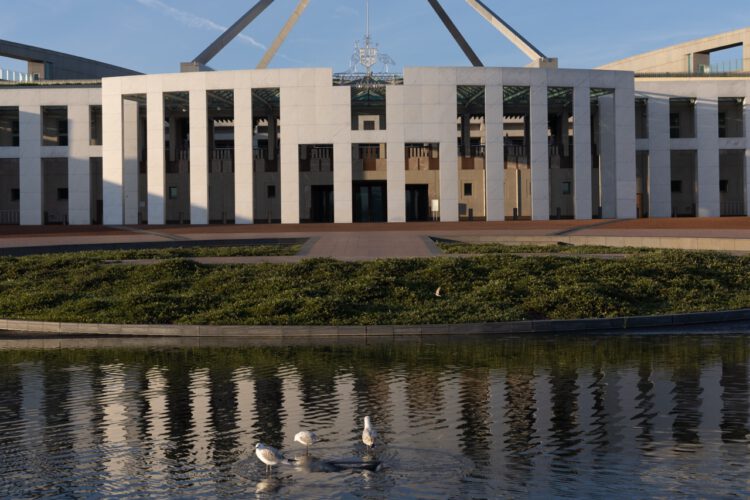Hello and welcome to the last day of the first parliament sitting – we did it, Joe.
It’s up in the air as to whether parliament will return following its adjournment this evening given we are in election mode, but right now the cards are pointing to a May election, which means we will likely be back in March.
There is also additional estimates scheduled for the end of this month. The RBA will meet on Tuesday to decide on whether or not to cut rates and the market, leading economists and most senior political figures think they will. That will release some of the tension the Albanese government is holding over the economy. And there is still the question of whether Donald Trump will grant Australia an exemption from the steel and aluminium tariffs he has announced will start in March.
Point being, there is a bit going on outside of election speculation, but all of it is adding to the election speculation. Which does nothing to serve you, really, because we all know an election is going to happen. But Australia is facing some pretty giant questions at the moment and they should be examined on their own merit, not just how they play into the election cycle.
One of those questions is how Australians will react to the major parties circling the wagons against challenges to the two-party system through the electoral ‘reform’ legislation.
After some final shenanigans, the Coalition came on board to pass the legislation in the senate late last night following a shortened debate and forced vote.
Greens senator Larissa Waters, who has taken to calling the major parties under one moniker, ‘LibLab’ described the deal the government struck with the opposition and the bill’s passage “an affront to democracy”.
“….debating a 400 page bill rushed through without an inquiry and with complex amendments only circulated moments before being voted upon. This is the worst process I’ve seen in my time in Parliament.“
The laws favour incumbent MPs and will make it harder for independents and minor party candidates outside the parliament to compete with the major parties on electoral spend.
As Bill Browne and Josh Black explain:
The caps on political donations are per “party” (or per independent candidate) but what Australians think of as political parties – like the Liberal, Labor, Greens and National parties – are actually groups of parties, each party in the group being able to receive donations up to the cap. This would limit the ability of independent candidates, new political parties, and political campaigners to fundraise, while leaving established parties much less constrained.
In exchange for having their fundraising limited, established parties and incumbent MPs would receive tens of millions of dollars more in public funding; in some cases, far more than the political donations that they are missing out on. Independent candidates, new parties, their candidates and political campaigners would receive nothing to compensate them for lost revenue. The bill would also limit spending on election campaigns. In practice, independent candidates will be far more limited in their spending than party candidates.
The limit on election spending is because while candidate expenditure is limited, political parties can still access the $200,000 for senate candidates for each federal electorate their state has(something independents won’t have) to flood electorates with general party branded advertising. The money is per state, meaning it is at the party’s discretion (ie: targeted seats) where it spends that money.
So major parties can spend up to $90m nationally, while independents are limited to the electoral cap of $800,000.
Waters:
“The bill was supposed to cap donations from peak bodies like the Business Council and Minerals Council at $20,000, but now big mining companies could donate $250,000 each in membership fees, allowing them to spend up to $11.5 million on electoral campaigning. That doesn’t get big money out of politics, it just gives big corporations a back door.
“This deal is a complete joke—lobbyists run this place, and Ministers jump straight into industry jobs without any accountability. This bill does nothing to address that revolving door.
Oh, and there is still no truth in political advertising laws.
Every crossbencher voted against the legislation, but with the government and the Coalition on board, the deal was done.
We’ll cover the fall out, bring you more from the Climate Integrity Summit and everything else happening in the building (and beyond). You have Amy Remeikis flopping to the line with you. It’s a four coffee day. At least. And a matcha.
Ready? Let’s get into it.

Loading form…